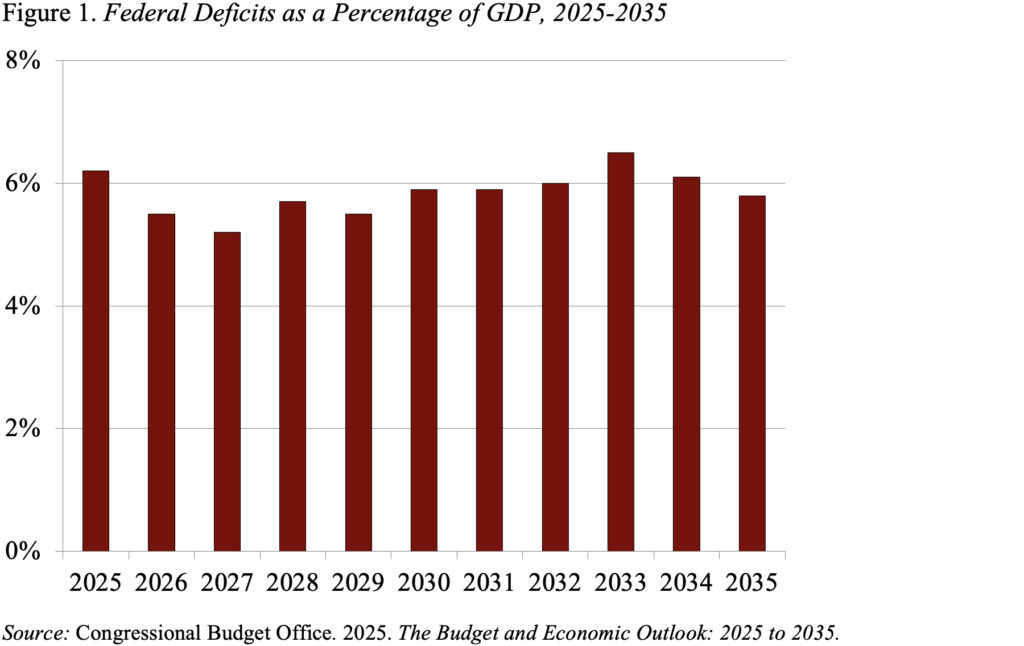These 5 Smart Money Moves Will Help You Get Ahead On Retirement In Your 20s

Getty Images;Alyssa Powell/BI
- Saving for retirement might not seem urgent in your 20s, but it's the perfect time to start.
- It's important to build healthy financial habits like saving regularly and paying off debt.
- Here are 5 smart money moves to get a head start on your retirement.
One popular retirement rule of thumb is to have saved around 10 times your salary at the time you decide to stop working.
That number can seem daunting for twenty-somethings who recently entered the workforce and are in the process of figuring out their personal finances. But with the right plan, your 20s provide a golden opportunity to set yourself up for a successful retirement.
There are some key considerations for twenty-somethings when it comes to retirement planning, according to BNY Wealth.
Some everyday living expenses — such as food, entertainment, and transportation — will stay largely consistent. However, expect your housing and healthcare expenses to shift in retirement, according to Fidelity. Typically, retirees spend less on housing costs as they move, downsize, or pay off their mortgage. But healthcare costs tend to increase with age and can be wildly unpredictable.
With this in mind, the first step to establishing a retirement plan is to build healthy financial habits in your 20s. BNY Wealth recommends aiming to save at least 10-15% of every paycheck. Ashley Weeks, wealth strategist at TD Wealth, recommends more if possible: "We tell clients and their kids 15% of your pre-tax income," Weeks told BI.
Automating your savings can help people achieve this goal by creating a consistent savings habit early on, according to Fidelity. You can set up a direct deposit split to automatically send a portion of your paycheck into a savings account or a recurring savings transfer through your bank to schedule automatic transfers on a custom schedule.
Part of your savings should go to an emergency fund that can fund three to six months of living expenses. This creates a financial cushion if an unexpected life change occurs, such as losing your job. In the case that extraneous costs pop up, an emergency fund allows you to weather the storm without accumulating credit card debt or taking out loans.
As you build up your emergency fund, also make sure to take advantage of your employer's retirement plan, such as a 401(k), 403(b), or a SEP plan. You should adjust your contributions as you progress in your career, according to both BNY Wealth and Weeks.
"Pay yourself first," Weeks said. "Anytime you get a pay increase, it's a good idea to add to your contributions to a workplace plan or an IRA if there's room in the budget."
Saving up to 15% of each paycheck and putting away money for retirement can be a tall order for many, especially recent college graduates just starting their careers. Paying down student loans can complicate this goal even further. However, twenty-somethings should know that there are still ways to save for retirement, even while paying down debt. Weeks points out that the SECURE 2.0 Act allows employers to provide a student loan payment retirement match. If an employee makes payments toward their student loans, their employer can treat those payments as if they were retirement contributions and match them in the company's retirement plan.
This provision is optional for employers, so Weeks encourages employees to check their specific company policy. If your employer offers a student loan payment retirement match, you don't need to miss out on retirement contributions to pay down loans. Once loans are paid off, you should increase your retirement plan contributions, BNY Wealth recommends.
Twenty-somethings should also make sure they have sufficient insurance coverage, according to BNY Wealth.
"Although the 20s are often the healthiest years, we believe that it is important for people in this age bracket to get health insurance — not only because injury and illness can happen to anybody, but it can saddle one with tremendous debts," BNY Wealth wrote in a note.
For many people, renting a home is a more affordable option than buying. If that's the case for you, BNY Wealth recommends getting renters insurance to protect your personal property and valuable possessions. This will decrease the risk of unexpected expenses and loans that could derail your savings goals.
For twenty-somethings, time is on your side when saving for retirement, thanks to the power of compounding returns. With a long runway, your original investment has more time to generate returns, which are then reinvested, leading to further gains.
"If you can scrounge up something to save every year from your first year working, the returns over multiple market cycles to an entire career will be really remarkable," Weeks said.


